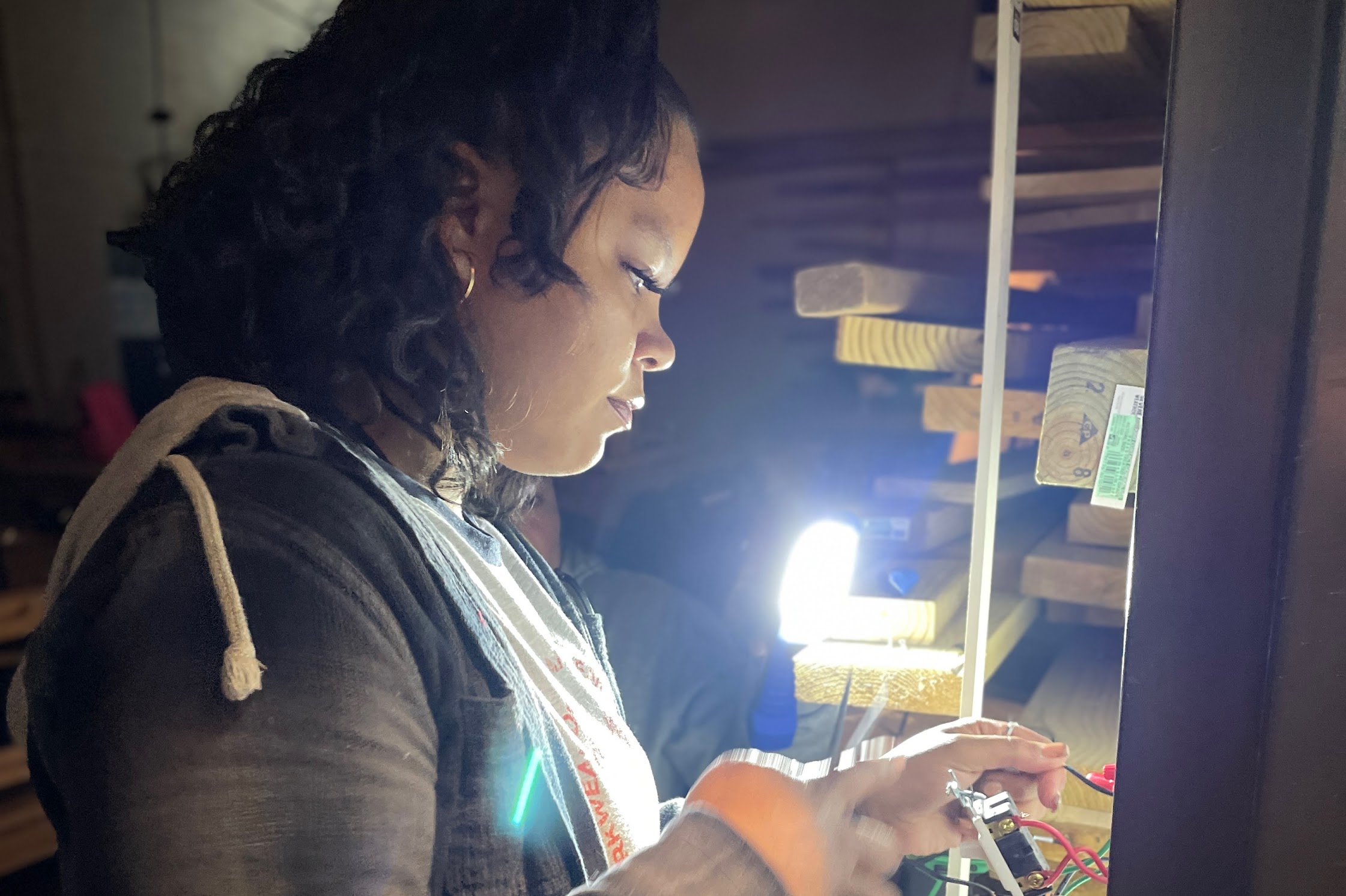Advancing Equity with the American Rescue Plan Act's Local Recovery Funds
Examining ARPA investment strategies and investments, we found that leading local governments — in partnership with community-based organizations and advocates — are fulfilling ARPA's promise to advance equity. This report shares that progress and presents recommendations for how federal and local policy can build upon ARPA's strengths to deliver equitable public investments now and in the future.

Executive Summary
The American Rescue Plan Act of 2021 (ARPA) provided an unprecedented $130 billion in flexible funding for cities and counties to use for immediate COVID-19 pandemic relief and to rebuild stronger, more resilient economies. Guided by the federal government's groundbreaking equity policy, grantees were encouraged to direct resources to low-income communities and communities of color disproportionately affected by the pandemic, and to invest in projects addressing the systemic inequities underlying its disparate impacts. Arriving in the wake of nationwide protests and renewed policy commitments for racial justice following the murder of George Floyd, the resources presented a historic opportunity to move beyond rhetoric and deliver tangible, potentially transformative change to communities long neglected by public investment.
More than three years into the program, how are local governments living up to ARPA's equity potential? Examining ARPA investment strategies and investments, we found that leading local governments — in partnership with community-based organizations and advocates — are fulfilling ARPA's promise to advance equity. This report shares that progress and presents recommendations for how federal and local policy can build upon ARPA's strengths to deliver equitable public investments now and in the future.
Seeding Equitable Processes and Resource Allocations
Los Angeles County, California; Boston, Massachusetts; Austin, Texas; and Baltimore, Maryland were the top performers on our equity assessment of 170 cities and counties, dedicating the vast majority of their ARPA funds toward a wide array of projects with the promise of advancing equity locally.
Our assessment also found broad adoption of equity-focused public investment frameworks across diverse communities. Nearly all jurisdictions (86 percent) explicitly acknowledged the inequitable impacts of the pandemic and identified equity as a priority in their recovery plans. Most jurisdictions (89 percent) used at least one equity-focused decision-making resource, such as racial equity action plans and neighborhood-level data, to guide investment strategies. A large majority (65 percent) conducted targeted outreach to marginalized communities, and more than half planned to track equity outcomes using data disaggregated by race, ethnicity, and other factors.
Equitable processes translated into equitable investments. Across more than 7,000 ARPA projects in these communities, 58 percent are equity-focused, representing $20 billion in investments. Community advocacy and voice, equity leadership from the top, institutional equity initiatives, and equity data and performance management systems were critical drivers of equitable ARPA investments.
Catalyzing Local Innovation and Policy Movements
ARPA funds are fueling local policy experimentation and innovation, supporting projects that address structural inequities while catalyzing local policy movements for equitable, people-centered economies. ARPA accelerated the adoption of best practices such as engaging grassroots organizations, offering direct cash assistance, and incorporating wraparound supports into job training programs. In addition, ARPA is bolstering policy movements like guaranteed income and medical debt cancellation, setting the stage for large-scale policy shifts.
Learning from the ARPA Experience
ARPA's equity-focused framework offers a model for future federal programs, but improvements are needed. Equity guidance applied only to large jurisdictions, revenue replacement investments lacked reporting requirements, and performance reports were inconsistent in their depth and quality. Federal policymakers should expand on ARPA's success by codifying equity into federal policies, expanding equity reporting frameworks, and supporting continued local innovation through competitive grants. Locally, governments should adopt budget equity tools and frameworks and foundations should invest in growing the budget equity field, including resourcing the community organizations and coalitions working in and for marginalized communities to engage in budget debates. ARPA funding provided a crucial opportunity to address systemic inequities exacerbated by the pandemic, and future investments must build on this foundation to create more just and resilient communities.
